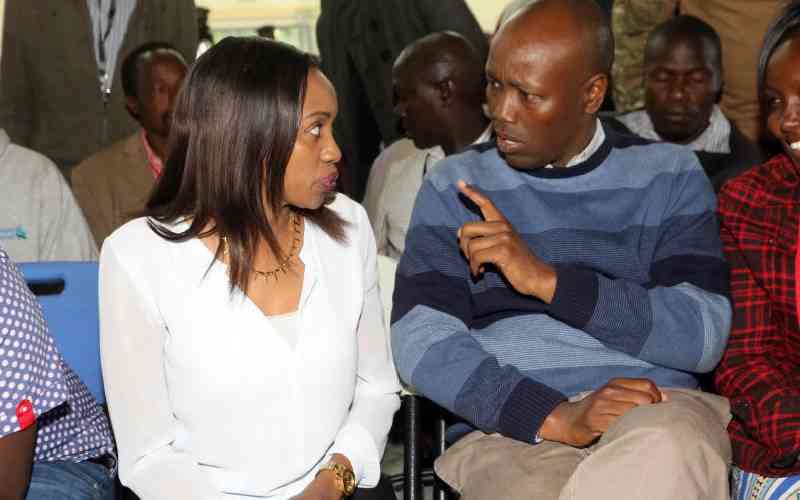×
The Standard e-Paper
Kenya’s Boldest Voice

Six candidates have thrown their hats into the ring for the Nakuru governor's seat currently held by Governor Lee Kinyanjui, who is seeking a second term in office.
With the devolved units clocking 10 years since their establishment, Kenyans now know their roles on development and service delivery at the grassroots.